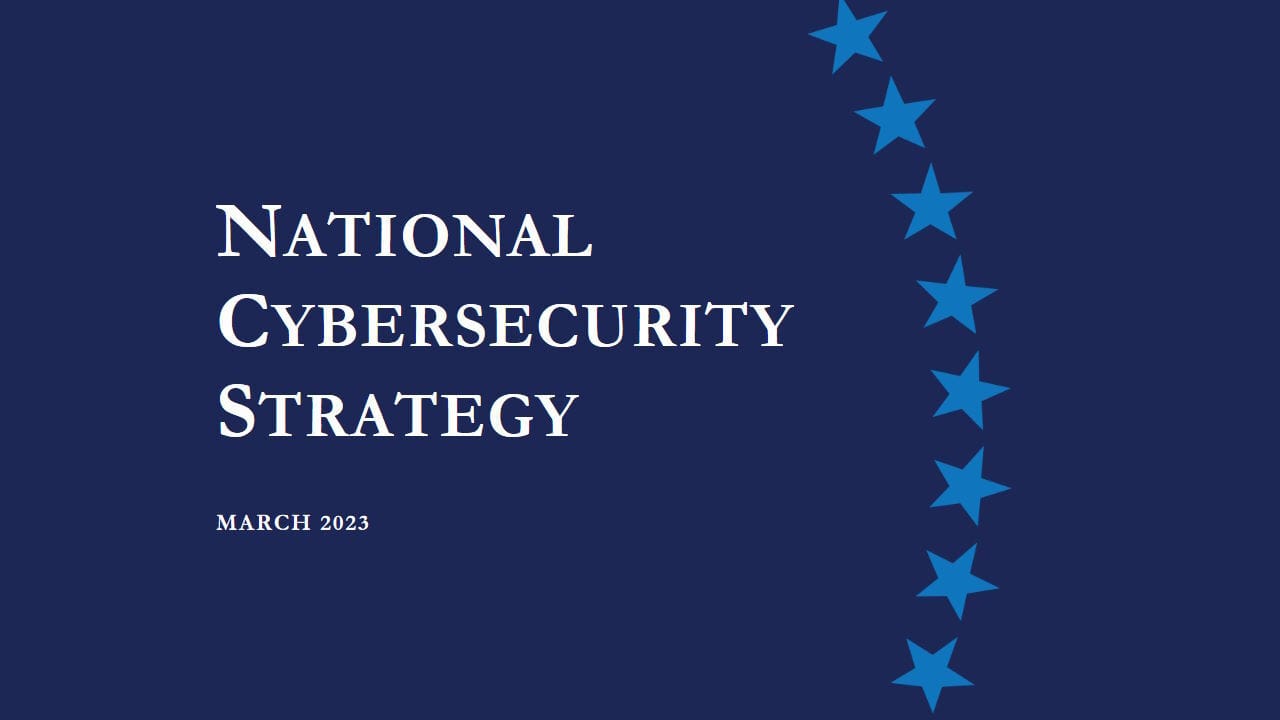Sony Interactive Entertainment recently faced a large-scale outage of its PlayStation Network (PSN), sparking widespread inconvenience and agitation among video game enthusiasts globally. In the wake of the incident, the company issued an official response explaining the factors behind the disruption and laid out measures it is adopting to rectify and avoid such issues in the future.
The incident, which lasted nearly 24 hours, began when PSN users started reporting service failures on February 8, 2025. The downtime rendered players unable to engage in online gaming, access digital purchases, or use streaming applications. This caused substantial disruptions, particularly for competitive gamers and those deeply embedded in the PlayStation ecosystem.
In its official communication, Sony attributed the service outage to an “operational issue” with network services. While the details of the exact technical problems have not been fully disclosed, the issue caused a global ripple effect. It rendered gamers across different platforms, including PlayStation 4, PlayStation 5, and associated PlayStation Plus services, unable to connect to the network.
To compensate for the inconvenience, the company offered subscribers of PlayStation Plus five extra days of service for free. This compensation applies to all users active on the PSN at the time of the outage. Sony clarified that the automatic extension of service requires no additional action from users. The gesture appears aimed at appeasing its loyal user base, some of whom expressed frustration not only at the downtime but also at Sony’s delayed communication during the incident.
Community reactions were mixed. While some users acknowledged Sony’s efforts to address the problem swiftly and offer modest compensation, others expressed dissatisfaction with the magnitude of the response. Many took to social media to vent frustration, recounting missed opportunities for gaming events or lost in-game progress. Some pointed to past occurrences of PSN outages, including the infamous 2011 incident, which lasted 23 days, questioning Sony’s preparedness in maintaining its online infrastructure.
Sony stated that as part of its ongoing commitment to ensuring a stable gaming environment, it would be dedicating additional resources to strengthening PSN operations. The company highlighted its focus on reducing the vulnerabilities within network architecture and promised to maintain clear lines of communication with its users in future incidents.
The competitive nature of the digital gaming market places immense pressure on companies like Sony to ensure uninterrupted service. This incident has underscored the growing dependence on online platforms and the challenges associated with mitigating risks tied to such platforms. The PSN outage serves as a reminder to users and industry players alike about the complexities and vulnerabilities inherent in modern gaming infrastructure.
Sony emphasized in its statement that customer experience and satisfaction remain at the core of its operations. The company also encouraged affected users to access its online support pages and follow updates on social media to stay informed about developments.
As online gaming becomes increasingly mainstream, with millions of players relying on the real-time connection PSN enables, outages of such high magnitude can have financial implications that reach beyond customer dissatisfaction. Developers who rely on PSN to sell or support their games and associated microtransactions are also affected, adding another layer of complexity to the current incident.
For now, with the system back online, Sony looks set on restoring confidence among its customers while drawing lessons from the recent disruption. Time will tell if the compensatory measures and promised infrastructure reinforcements will help cushion the impact of the outage in the long term.


